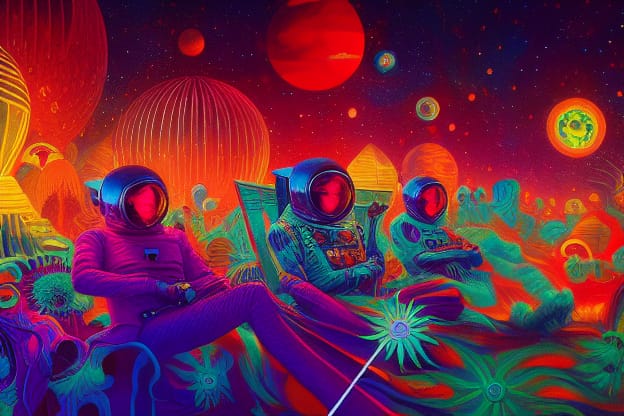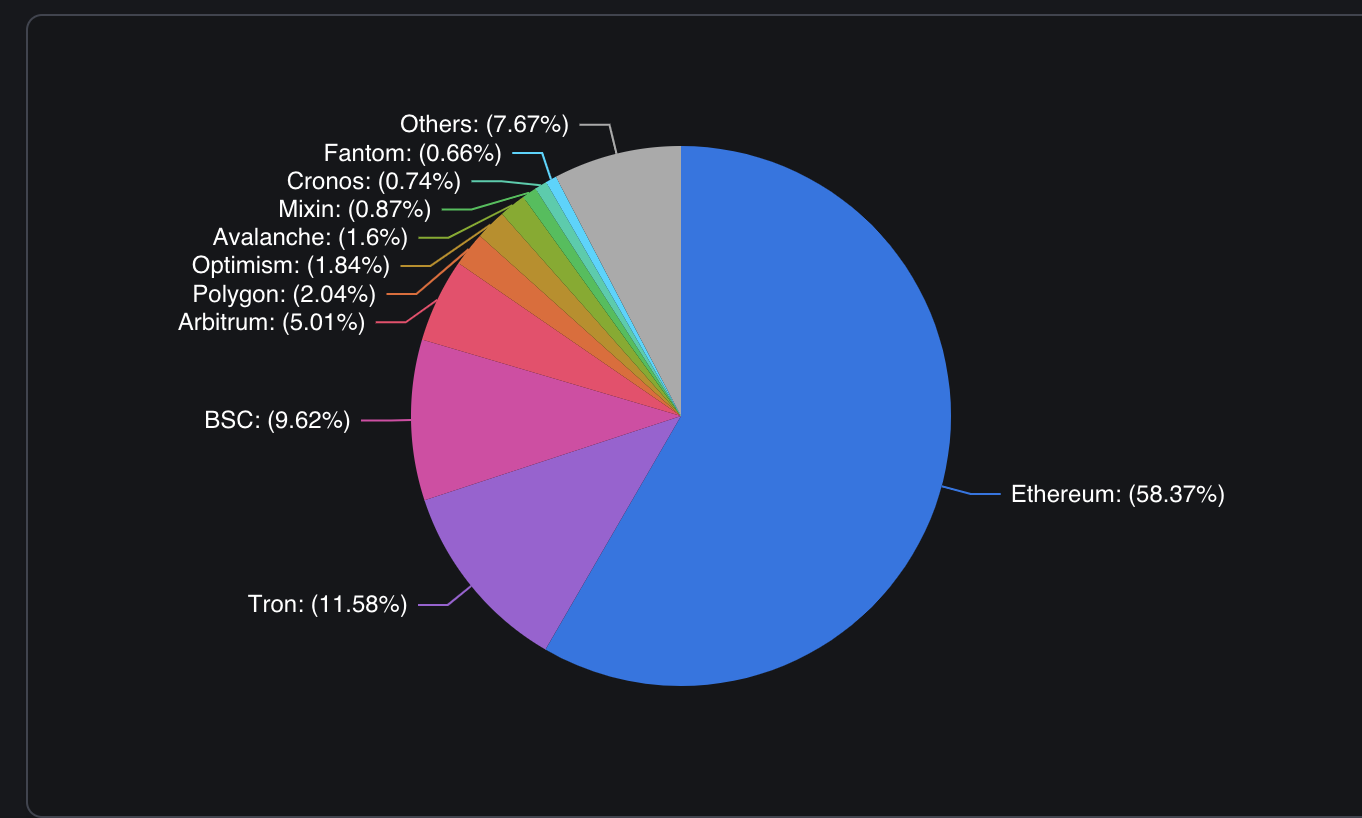What is DeSoc? Terrible name, but great idea?
This issue of the newsletter dives into DeSoc or decentralized society. The basic concept driving DeSoc is that digital identity and digital ownership can exist on a spectrum and can be leveraged differently to create new economies.

DeSoc is short for decentralized society. It follows the pattern of DeFi, which is short for decentralized finance, and DePin, which is short for decentralized infrastructure.
I imagine as more time goes on, this list gets longer. Decentralized communications (DeComms), for example. Decentralized medicine (DeMed) also comes to mind.
Check out this related piece on decentralized infrastructure:

Why does this feel inevitable? Centralization exists because it was the simplest way to leverage capital and information to create market opportunities. But emerging digital systems and infrastructure are providing new ways to mobilize capital and different ways to store, share, and create information.
These new methods are built on some basic primitives such as permissionless consensus mechanisms (like Bitcoin’s proof-of-work or Ethereum’s proof-of-stake), public key cryptography, smart contracts, and programable and composable ledgers.
In other words, the open money system that is the main inspiration for this newsletter.
The endgame for these new digital systems is to provide an alternative to traditional analog structures. This is especially true in places where the consolidation of capital and information has led to disparities in wealth, access, and power.
This is where DeSoc comes in.
The basic idea driving DeSoc is that we can and should rebuild our physical social networks in the digital world. Not only will this make internet-based networks better, but it will also stave off some runaway doomsday scenarios, like an AI takeover or hyper-financialization (where billionaires run the world because they have all the leverage).
A lot of what follows is based on takeaways from this paper that covers idea of soul tokens and how they fit into the concept of a decentralized society. It’s worth a read if this topic is of interest:

A link to
DeSoc is driven by a new kind of digital identity
DeSoc builds an alternative social substrate that somewhat mirrors what we understand today as reputation or community standing.
The goal of DeSoc is to enable new kinds of identities that leverage existing credentialing or reputation in a way that helps us better navigate increasingly digital worlds.

This is more than some kind of new credit score or reputation rank. The idea behind identity in DeSoc is that people, organizations, institutions, etc., will have different parts of an identity and then be able to choose when and where they reveal those components based on the kind of interaction or transaction underway.
For example, if you are applying for a job you might share your degree (attested to onchain by the university they graduated from), previous work experience (again recorded and verified onchain), and aspects of a professional network such as connections, affiliations, etc.
If on the other hand, you are trying to buy a bike from someone on the internet then you could use something like a zero-knowledge transaction where you prove you are a real human with the needed funds, but you don’t have to share anything else such as credit card number, address, phone number, etc.
An easier way to say this is that DeSoc is based on the idea that identity is important to building digital communities and having a healthy digital ecosystem. At the same time, identity can exist on a spectrum and people can be as protective or open about who they are depending on the situation.
DeSoc and plural network goods
DeSoc’s new vision for social substrate also creates a new kind of ownership called plural network goods. Conceptually, this extends beyond what we are seeing today with innovations like non-fungible tokens (NFTs) or ownership of digital assets, which are both just new ways of owning things under an old model.
Plural network goods, like identity, exist on a spectrum. Right now, in the digital world, there are two ownership models. Either you own something completely or goods and services are open and not owned by anyone.
But what if there was a middle way? A way that enables degrees of ownership for digital goods and services (or even digital representations of physical goods and services) that could be easily transferred and traded, but with a clear delineation and path of who owns what?
A simpler way to think about this is that right now digital goods are either owned or not, but plural network goods make it possible to rent things, sublease, or even create new kinds of business models like Airbnb or Uber but for digital goods and services.
The basis of plural network goods again comes back to the primitives of decentralization — permissionless access and smart contracts — that enable new kinds of ownership, which in turn open up new kinds of economic and market activity.
Plural network goods will extend the limitations of current digital ownership and also give options and opportunities to combat the push toward monopolized ownership. The internet shouldn’t be some kind of hierarchal structure owned by a few and used by all. Instead, it should be owned by the people creating and contributing to it.
Key DeSoc takeaways
The term DeSoc might be more of a distraction than a helper, but the concept makes sense when you start to think about how the internet works now and some of the true value propositions enabled by digital currencies and permissionless networks (aka, open money).
I’ve been writing about crypto, decentralization, and web3 for long enough to know that it's important to take a long view of these things. Years ago, decentralized social media was all very hypothetical. Today, I’m going to share this newsletter on a decentralized social media channel.
A few years ago, the concept of decentralized physical infrastructure didn’t exist. Today, people are building real products and services that fit the DePin model. The point is, this stuff takes a while. And a shift as large as a decentralized society will likely take time.
Nonetheless, when you think about the challenges of the future and the future of the internet, a more malleable (but robust) way of expressing identity and new ways of owning digital goods both make sense.
There are a bunch of interesting frameworks or ideas related to how to best handle decentralized digital identity and ownership, like the soul token idea mentioned at the top, and we’ll get to those in the future.